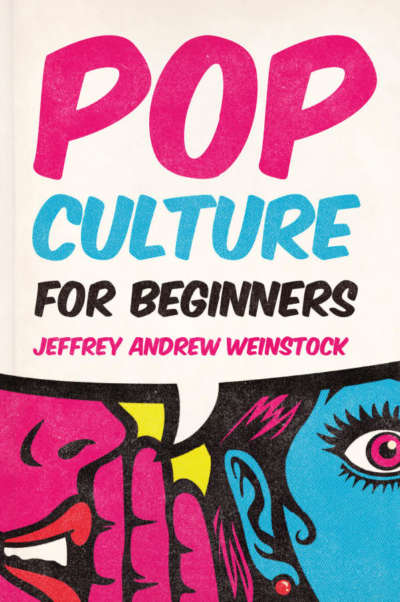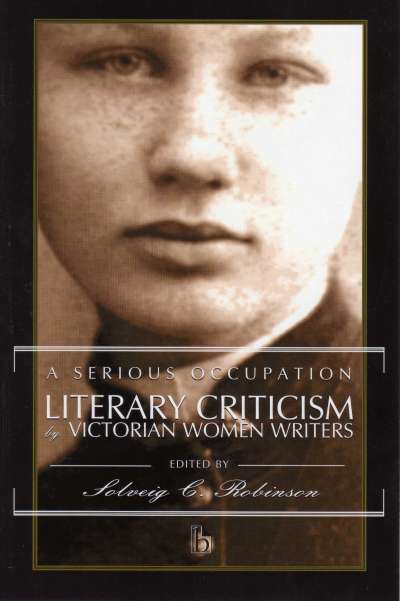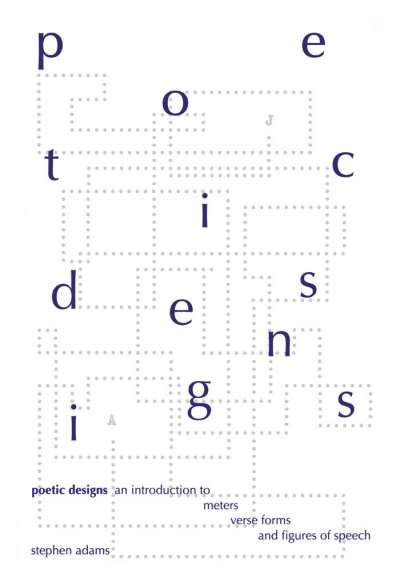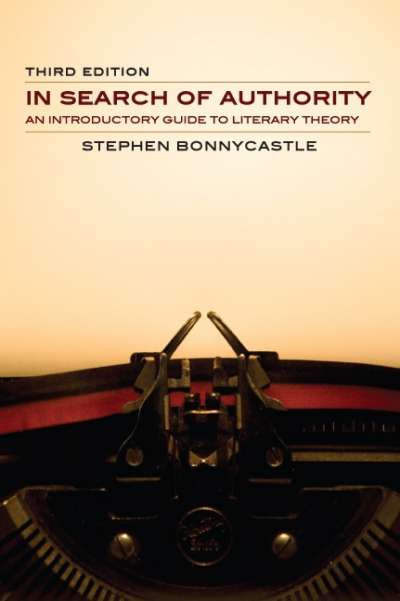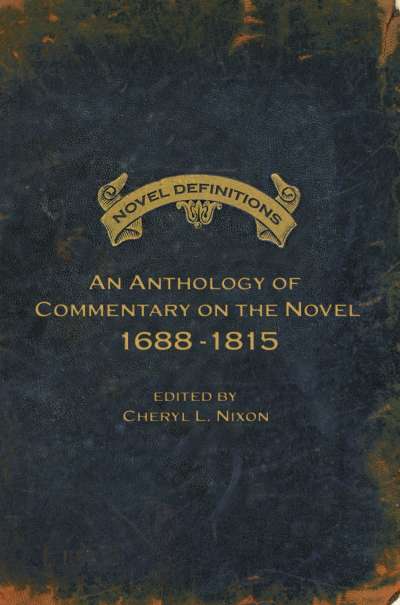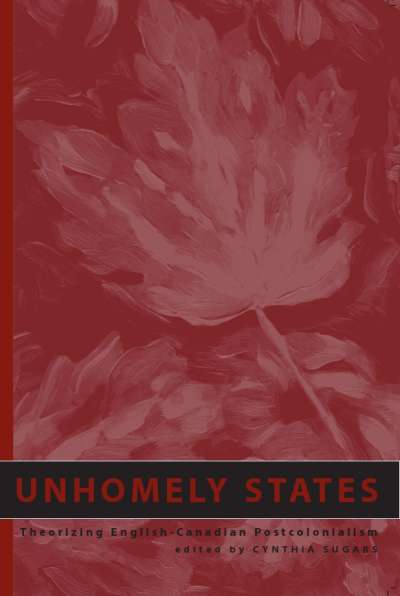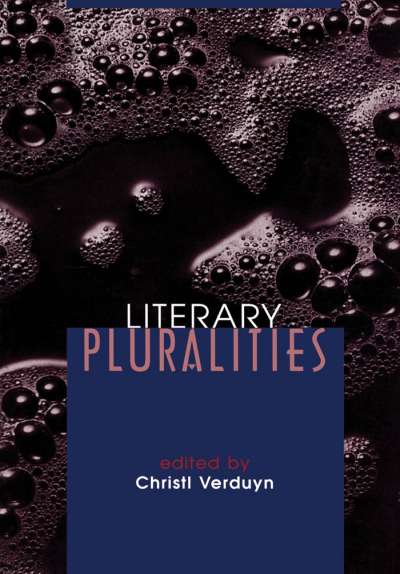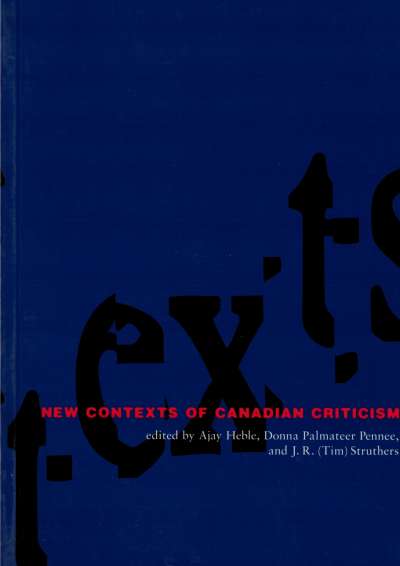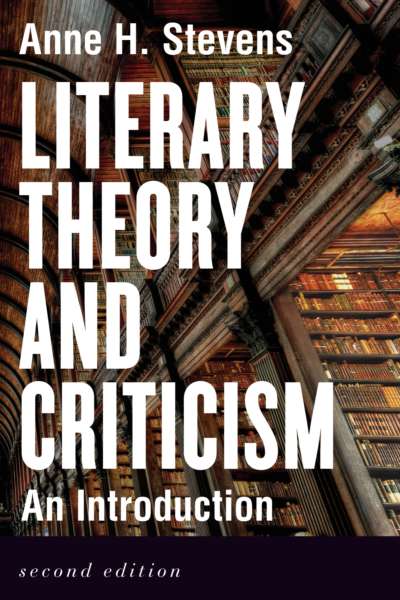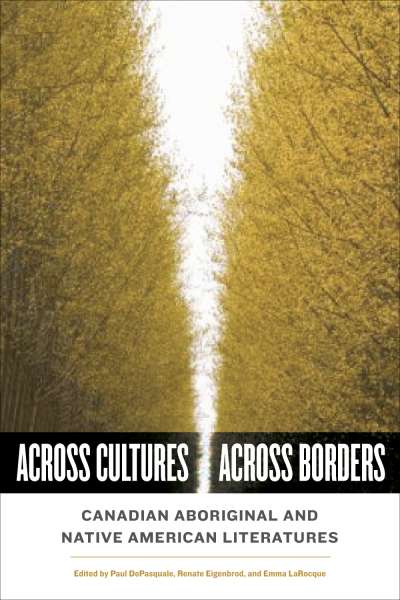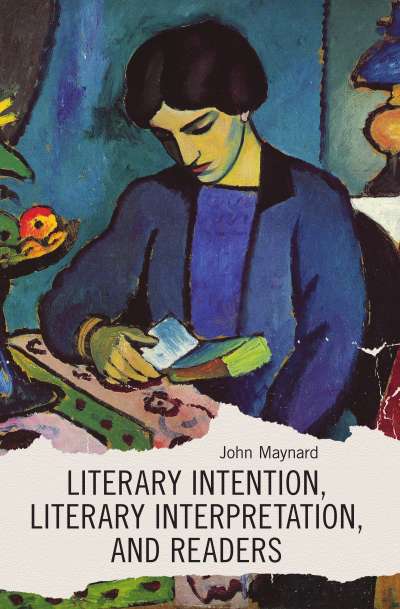What, if anything, distinguishes works of fiction such as Hamlet and Madame Bovary from biographies, news reports, or office bulletins? Is there a “right” way to interpret fiction? Should we link interpretation to the author’s intention? Ought our moral unease with works that betray sadistic, sexist, or racist elements lower our judgments of their aesthetic worth? And what, when it comes down to it, is literature?
The readings in this collection bring together some of the most important recent work in the philosophy of literature by philosophers such as Martha Nussbaum, John Searle, and David Lewis. The readings explore philosophical issues such as the nature of fiction, the status of the author, the act of interpretation, the role of the emotions in the act of reading, the aesthetic and moral value of literary works, and other topics central to the philosophy of literature.
Comments
“Contemporary Readings in the Philosophy of Literature is a comprehensive anthology of analytic approaches to the study of literary texts, ideal for use in upper-division undergraduate and graduate courses. The volume offers excellent coverage of the puzzles and problems associated with fictional truth, classification, interpretation, belief and emotional response, and the moral significance of literary works.” — Catherine Wilson, CUNY Graduate Center
“This is a wonderful, comprehensive collection of analytic essays which displays the breadth and depth of the philosophical puzzles with which philosophers of literature deal. It is the book I have been waiting for to teach philosophy of literature to undergraduates.” — Sarah Worth, Furman College
Acknowledgements
Introduction
Part 1: Ontology and Categorization
Introduction
What is Fiction?
- “The Logical Status of Fictional Discourse,” John R. Searle
“Fiction, Fiction-Making, and Styles of Fictionality,” Kendall L. Walton (1838)
“The Concept of Fiction,” Gregory Currie
The Ontological Status of the Literary Work
- “Interpretation and Identity: Can the Work Survive the World?” Nelson Goodman and Catherine Z.
Elgin
“Work and Text,” Gregory Currie
Part 2: The Epistemology of Reading
Introduction
Truth in a Story
- “Truth in Fiction,” David Lewis
“The Structure of Stories,” Gregory Currie
“Fictional Truth and Fictional Authors,” David Davies
Interpreting a Literary Work I: Constraints on Right Interpretation
- “The Intentional Fallacy,” W.K. Wimsatt, Jr. and M.C. Beardsley
“Validity in Interpretation,” E.D. Hirsch
“Intention and Interpretation,” Jerrold Levinson
“Intentionalism in Aesthetics,” Paisley Livingston
“Semantic Intentions, Utterance Meaning, and Work Meaning,” David Davies
“The Death of the Author: An Analytical Autopsy,” Peter Lamarque
Interpreting a Literary Work II: Interpretive Pluralism
- “Incompatible Interpretations of Art,” Susan L. Feagin
“True Interpretations,” Stephen Davies
“Art Interpretation,” Robert Stecker
“Literary Rationality,” Carl Matheson
Part 3: Literature, Imagination, and the Emotions
Introduction
Feelings for Fictions
- “Fearing Fictions,” Kendall Walton
“Fiction and the Emotions,” Alex Neill
The “Paradoxes” of Tragedy and Horror
- “The Pleasures of Tragedy,” Susan L. Feagin
“The Paradox of Horror,” Berys Gaut
Part 4: The Values of Literature
Introduction
Literature and Understanding
- “On the Cognitive Triviality of Art,” Jerome Stolnitz
“Fiction and the Growth of Knowledge,” David Novitz
“Literature, Representation, and Knowledge,” James O. Young
The Moral Value of Literature
- “‘Finely Aware and Richly Responsible’: Literature and the Moral Imagination,“ Martha C.
Nussbaum
“Moderate Moralism,” Noël Carroll
The Accountability of Literature
- “Imaginary Gardens and Real Toads: On the Ethics of Basing Fiction on Real People,” Felicia
Ackerman
“Free Speech,” Susan Dwyer
Carl Matheson is Professor of Philosophy and Department Chair at the University of Manitoba.


